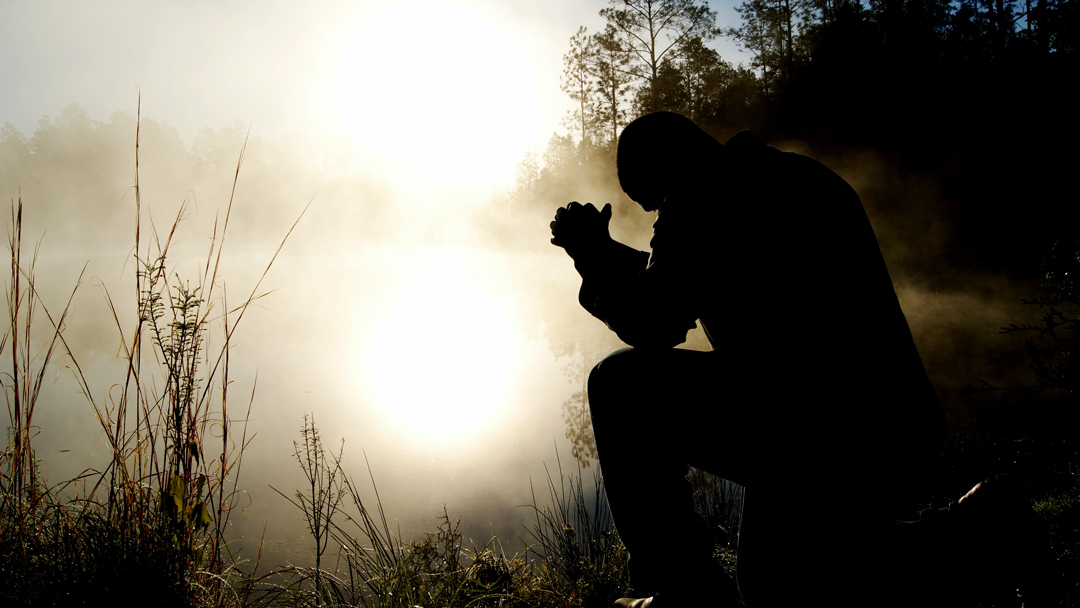Prayer Warriors
- Steve Hatter

Prayer is difficult! I realize most of you already know how hard praying can be. But in case you have ever wondered whether you’re in an undesired minority with this kind of challenge, consider what the Reformer Martin Luther had to say about battling within his heart in prayer:
“The command to pray is the hardest work of all…a labor above all labors, since he who prays must wage a mighty warfare against the doubt and murmuring excited by the faintheartedness and unworthiness we feel inside.” (Martin Luther)
Luther saw both frustrating reality and magnificent opportunity in acknowledging his contested heart when committing to prayer. He also saw the sanctifying effects of understanding “a mighty warfare” to be waged, and in seeking victory in the spiritual combat that inevitably comes when saints kneel before God. We should be equally sobered and inspired by the transparency of Luther’s admission because the Reformer’s mighty prayer life is legendary. He is supposed to have said this about commitment to prayer: “I have so much to do that I shall spend the first three hours in prayer.”
Why is prayer “the hardest work of all?” Why does a prayer warrior like Luther label prayer “a mighty warfare?” Christian theology tells us we fight an unholy trinity when we pray. The world, the flesh, and the devil are the three enemies of the human soul, and they all come to the believer’s prayer session in full battle dress.
The Temptation of Christ narratives found in the synoptic gospels well reflect the profound threat of the malevolent triad. During his forty days in the Judean Desert, Jesus overcame all three enemies as an instructive example to His elect (Matt 4:1–11; Mark 1:11–13; Luke 4:1–14). Under formidable attack from Satan, Jesus victoriously rejected the glories of the world, refused to feed His starving physical flesh, and frustrated Satan, the god of this world, from gaining any foothold or advantage over God the Father in Christ’s unfolding earthly mission. Christ, of course, set the example for how we are to live before He ascended to the Father.
The Apostle Paul came strong with the seriousness of understanding the evil trio in Ephesians when he said:
“And you were dead in the trespasses and sins in which you once walked, following the course of this world, following the prince of the power of the air, the spirit that is now at work in the sons of disobedience— among whom we all once lived in the passions of our flesh, carrying out the desires of the body and the mind, and were by nature children of wrath, like the rest of mankind.” (Ephesians 2:1–3)
So, do you acknowledge the reality of the world, the flesh, and the devil in your daily walk? Do you sense their deadly attacks when you pray? Modern culture, the media, and most of our secular leaders scoff at arguments these enemies even exist. But, Jesus, Paul, Luther, the Puritans, and Christian servant leaders steeped in sound doctrine, all vehemently warn believers not just to know of these enemies but also to resist them.
How do you resist in times of contested prayer? The Christian is to run to the Holy Trinity—Father, Son, and Spirit! The Holy Three alone are the antidote to the unholy three when kneeling to pray. Each has a unique and marvelous role in achieving successful prayer! Scholar Joel Beeke wrote that Martin Luther saw the motivations and the means of “waging a mighty warfare” in the mystery and perfection of praying to the Triune God:
“Luther accentuated the Trinitarian dimension of prayer. Prayer is addressed to God the Father, in the name of Jesus, with the help of the Holy Spirit. The Triune God commands us to pray, helps us to pray, and hears and answers our prayers.” (Joel Beeke)
Hold fast, saints in this ongoing time of crisis, and persevere in prayer, even if it is hard. Wait, strike that last statement. Persevere in prayer, especially if it is hard!










